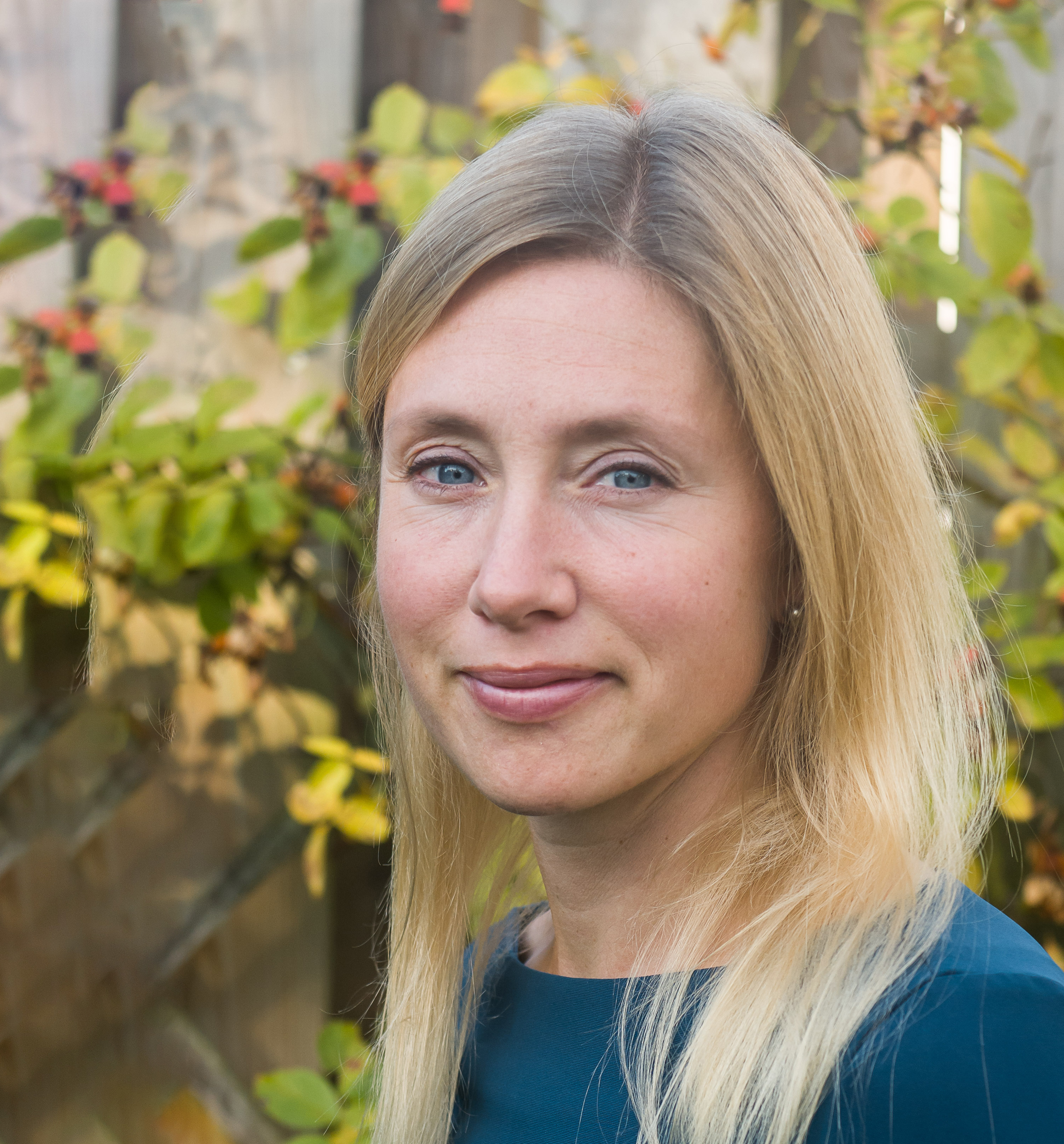Functional analysis of ‘silent’ mutations in familiar breast cancer
High-throughput sequencing is driving biomarker discovery and is used as a clinical tool in oncology for the identification of both germline variants in cancer susceptibility and somatic mutations in tumors.
Many detected mutations are currently poorly understood and classified as “variants of unknown significance” (VUS); defining their function and consequent clinical impact is urgently needed, as their disease penetrance is controversial, and their molecular effects are not known. A subset of these has been described as ‘silent’ or synonymous since they only affect DNA and mRNA but not the resulting protein.
Synonymous variants within protein-coding genes not bioinformatically predicted to alter splicing have been particularly understudied despite recent evidence hinting to a role of synonymous variants, especially in the case of DNA repair genes such as BRCA1 and 2. BRCA1/2 mutations comprise about 15% of familial breast cancer cases, which form a basis for surveillance and prophylactic surgery of breasts and ovaries - however, up to 60% of cases are molecularly unexplained, warranting further research.
Existing exome and whole genome synonymous variants data for established high-risk genes in familial breast cancer that might be significant at the population level are generally not perceived as likely to be causative and largely ignored, leading to a significant gap in knowledge. This project hypothesizes that the effects of synonymous variants will be strong enough to associate with patient outcome and aims to clarify the impact on the pathogenesis of identified synonymous variants in familial breast cancer susceptibility genes, which will build a risk prediction model and inform clinical decision-making regarding surveillance, screening, and prophylactic surgery. Hence our research question is very timely and very relevant towards CanFaster’s strategic priorities on clinical implementation, personalized cancer treatment, and social impact for the patient.
Academic partners
- Anders Kvist, Depatment of Clinical Sciences Lund, Oncology
- Therese Törngren, Department of Clinical Sciences Lund, Oncology
Clinical partners
- Hans Ehrencrona Överläkare, Laboratory of genetics, VO Clinical genetics and patology, Skånes University Hospital
- Niklas Loman Överläkare, Department of breast cancer, melanom and CNS-tumors, VO Hematology, Onkology oand Strålningsfysik, Skånes University Hospital


